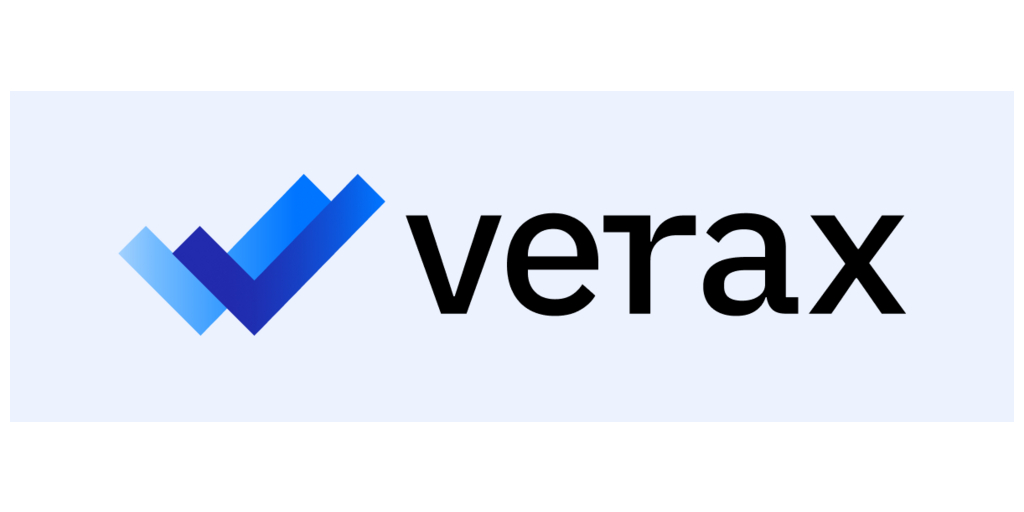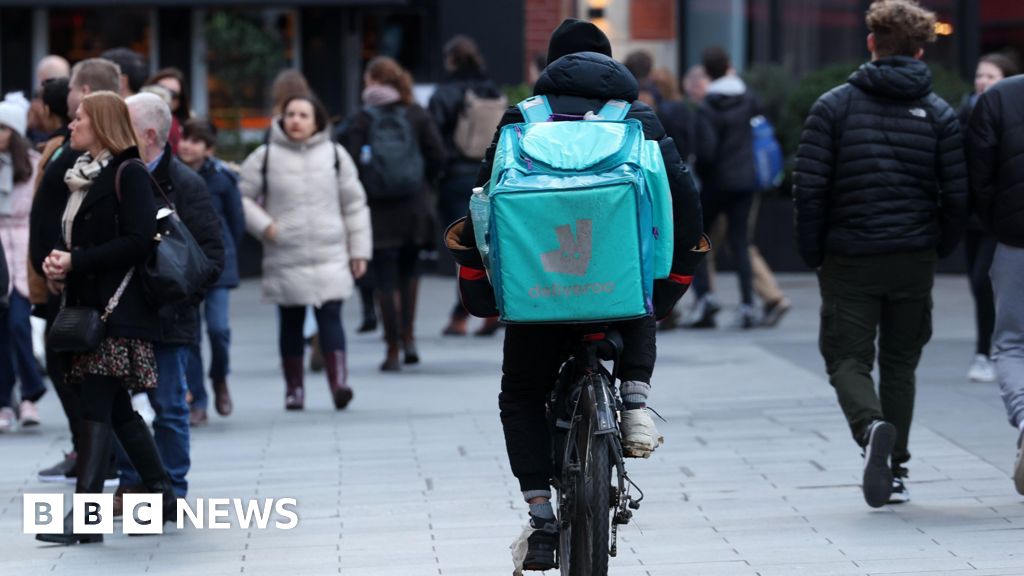A new Microsoft artificial intelligence lab on the University of Wisconsin-Milwaukee campus could help 270 Wisconsin businesses adopt AI by the end of the decade.
There are five Microsoft AI Co-Innovation Labs in the world, but the lab at UW-Milwaukee — which officially opened Wednesday — is the first focused on manufacturing. The plans for the lab were made public when Microsoft announced plans for a $3.3 billion investment into its Mount Pleasant data center campus last year.
“We work with companies to help them explore where AI could impact their business, and then we co-innovate,” said Matt Adamczyk, a director at Microsoft. “So this isn’t Microsoft builds something for you — it’s we work together and we innovate together.”
Stay connected to Wisconsin news — your way
Get trustworthy reporting and unique local stories from WPR delivered directly to your inbox.
“And then you leave the lab with something that you can both carry forward and that you’ve learned how to then go and explore more on your own,” he added.
The Wisconsin Economic Development Corporation provided a $500,000 grant for the lab, according to a statement from Gov. Tony Evers’ office. There are more than 8,800 manufacturing companies in Wisconsin and more than 480,000 manufacturing jobs in the state, according to the Wisconsin Economic Development Corporation.
Microsoft’s goal is to serve 270 businesses in the state by 2030 through the lab. That includes 135 manufacturing businesses, according to Rima Alaily, corporate vice president and general counsel of infrastructure legal affairs at Microsoft.
“These are not just numbers,” Alaily said. “These are businesses, families and communities that will benefit from the responsible deployment of AI.”
Even though the lab’s physical space opened Wednesday, companies in Wisconsin have already been partnering with the AI Co-Innovation Lab for the past year. That includes Renaissant, a Sussex-based company that helps truck drivers when they arrive at warehouses and other sites.
The company used the lab to develop an AI prototype that “lets drivers check in, verify shipments and get next steps — all from their cab, in their own language,” according to the company’s website.
“So what we engaged the lab with was building an AI agent to handle truck drivers on behalf of our customers, and it’s made it incredibly seamless,” Tom Dean, the founder and CEO of Renaissant, said in an interview with WPR.
Dean said it’s exciting that Microsoft is doing this work in Wisconsin.
“You can’t find this kind of engagement from a big tech platform like Microsoft outside of Silicon Valley,” Dean said. “But having it right here in Wisconsin is amazing.”
“It will really help accelerate innovation right here,” he added.
The lab, which is housed at UW-Milwaukee’s Connected Systems Institute, is a partnership with TitletownTech, a venture capital firm that’s a partnership between the Green Bay Packers and Microsoft.
“This lab is not just about our partners — it’s about possibility,” Alaily said Wednesday. “It’s about what happens when a state known for its manufacturing strength decides to lead into the next frontier of innovation.”
The lab’s presence in Wisconsin comes as AI continues to expand into new areas of work and education. Meanwhile, a 2024 Reuters report found there’s a skills gap related to AI.
“This new permanent home will be a place where startups and manufacturers, researchers and educators come together, not just to adopt new technology, but to shape it,” Alaily said.
In a recent interview with WPR, Mark Mone, chancellor of the University of Wisconsin-Milwaukee, said the lab will focus on the strength of the manufacturing sector in Wisconsin. He called the lab a “feather in our cap” for the university.
“So we want to work with small, medium and large manufacturers, and we have already begun some of the work,” he added.
The lab is staffed by experts with Microsoft and TitletownTech. Julianna Javor, the lab director in Milwaukee, said the goal is to “accelerate AI adoption.”
“We make it real, we’re not just talk,” Javor said. “It’s been really rewarding seeing companies come in all scared and finding it [AI] daunting … and they walk out thinking like ‘wow, I didn’t know about these five technologies that can do this, this and this.’”
Wisconsin Public Radio, © Copyright 2025, Board of Regents of the University of Wisconsin System and Wisconsin Educational Communications Board.









 English (US) ·
English (US) ·